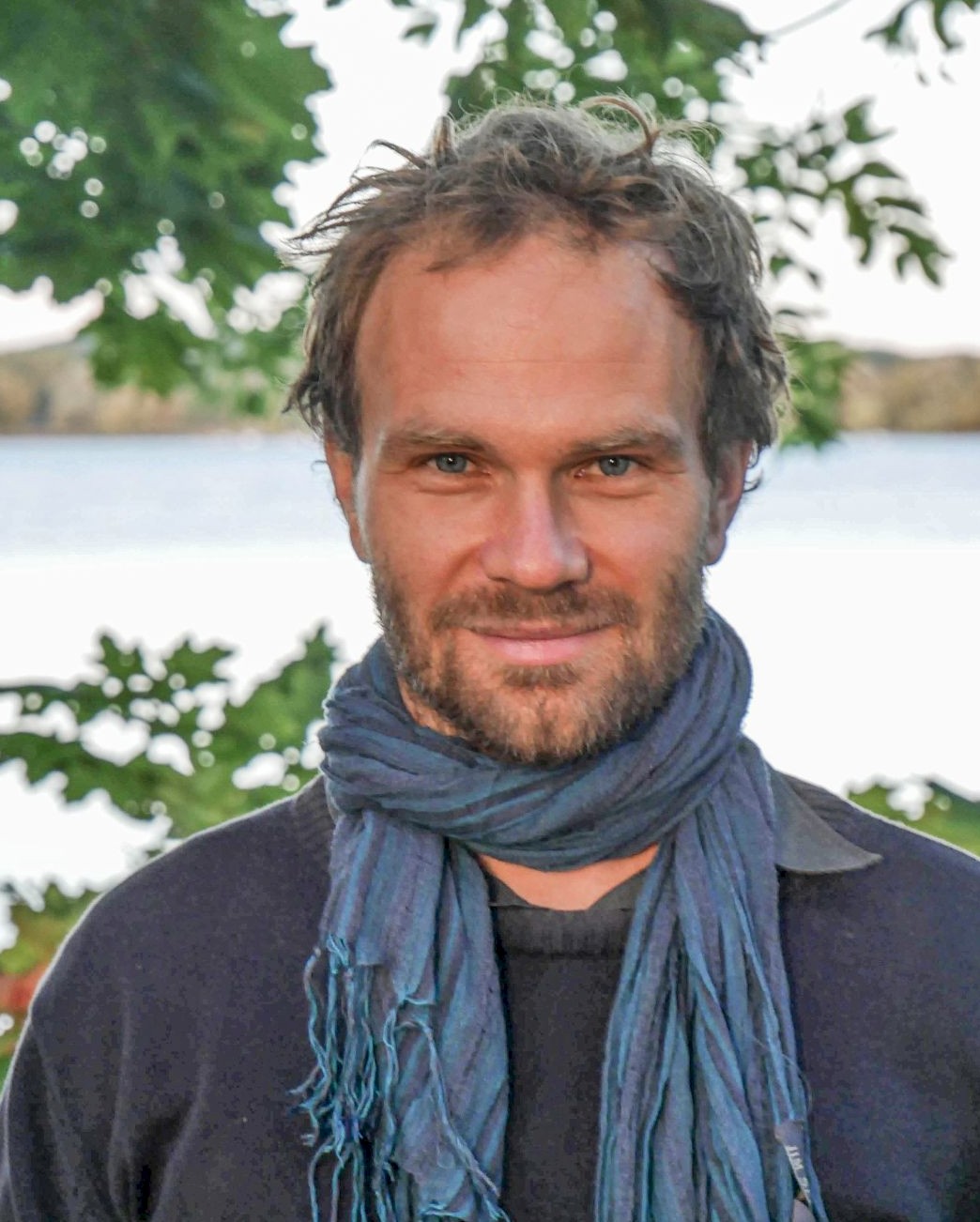The north: Electoral district 1
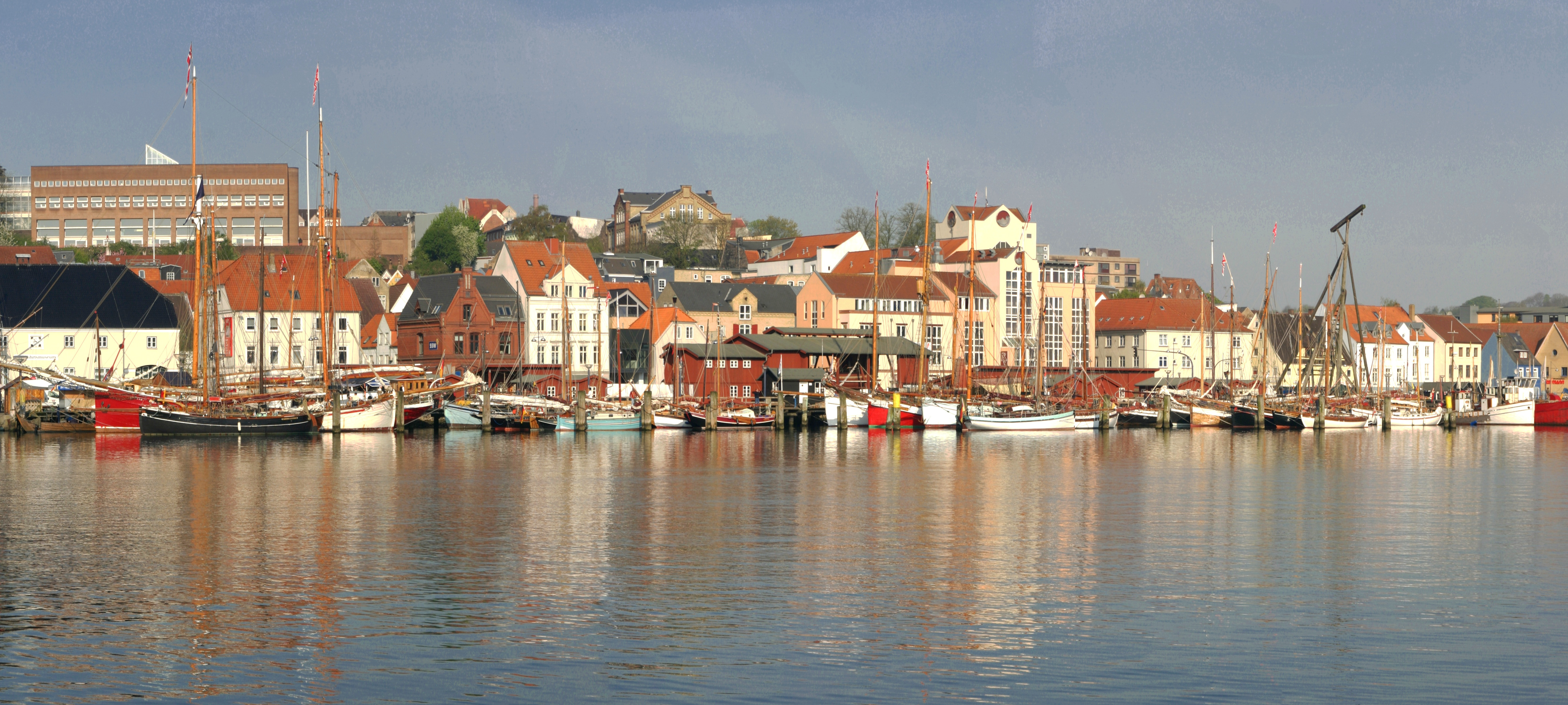
"Moin Moin!"
Flensburg - Schleswig is one of the most northern electoral districts in Germany. It is a rural electoral district, which covers the county of Schleswig-Flensburg, as well as the independent city of Flensburg. Many people who belong to the Danish minority live in the district and it is the only Bundestag electoral district with a member from one of the recognized minorities in Germany.
About the electoral district

people live in Flensburg – Schleswig
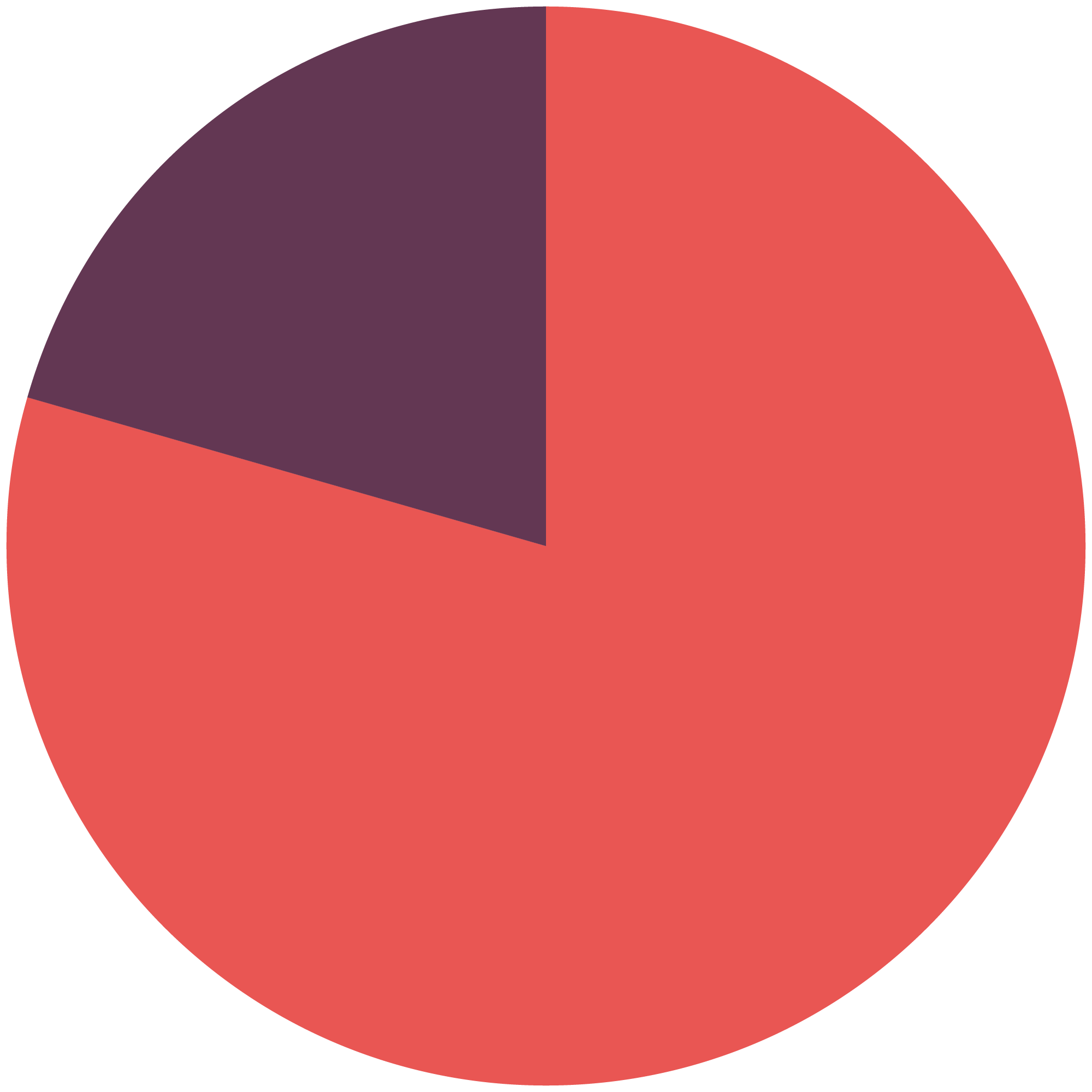
of them are eligible to vote
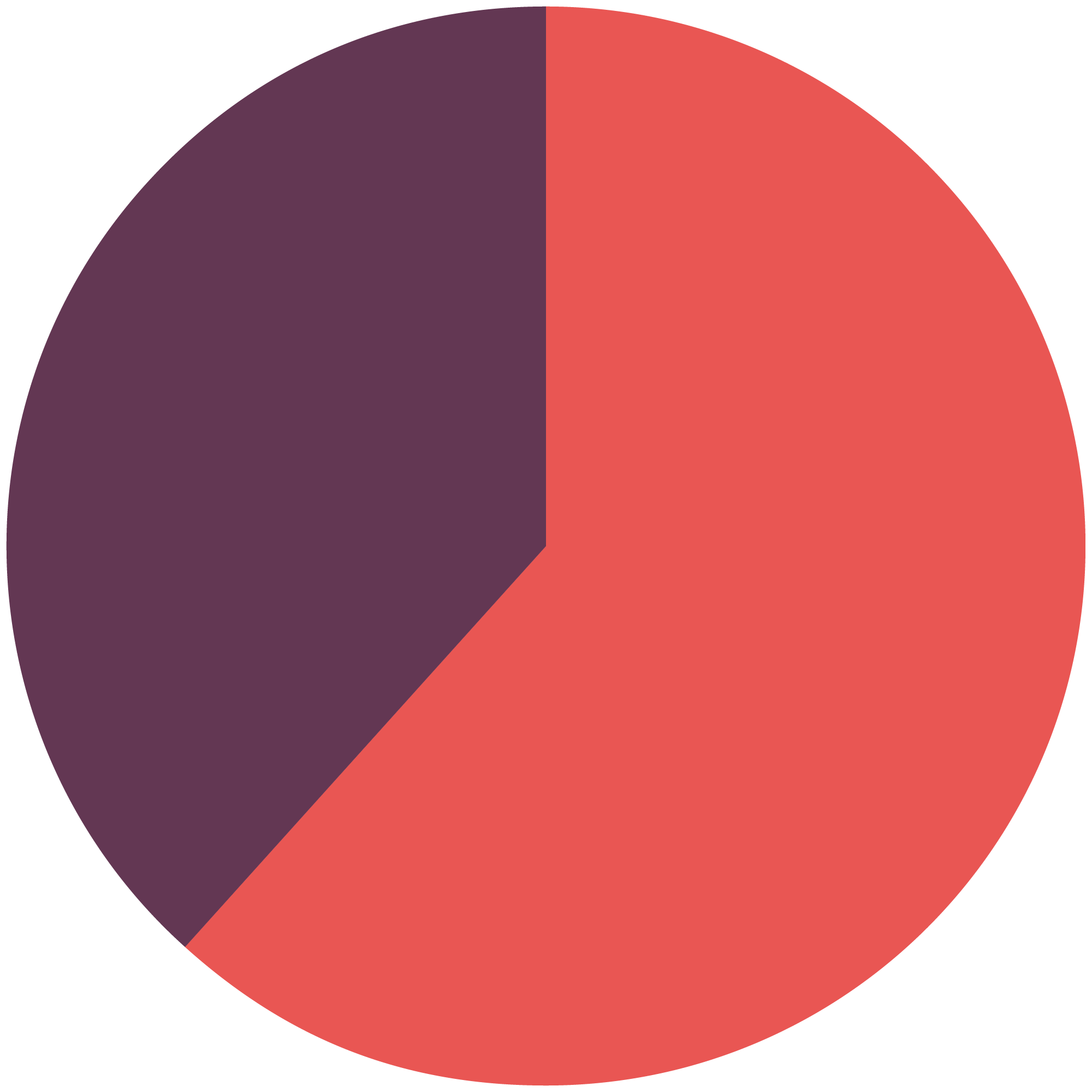
voted in the 2021 federal election
results of the 2021 federal election (second votes)
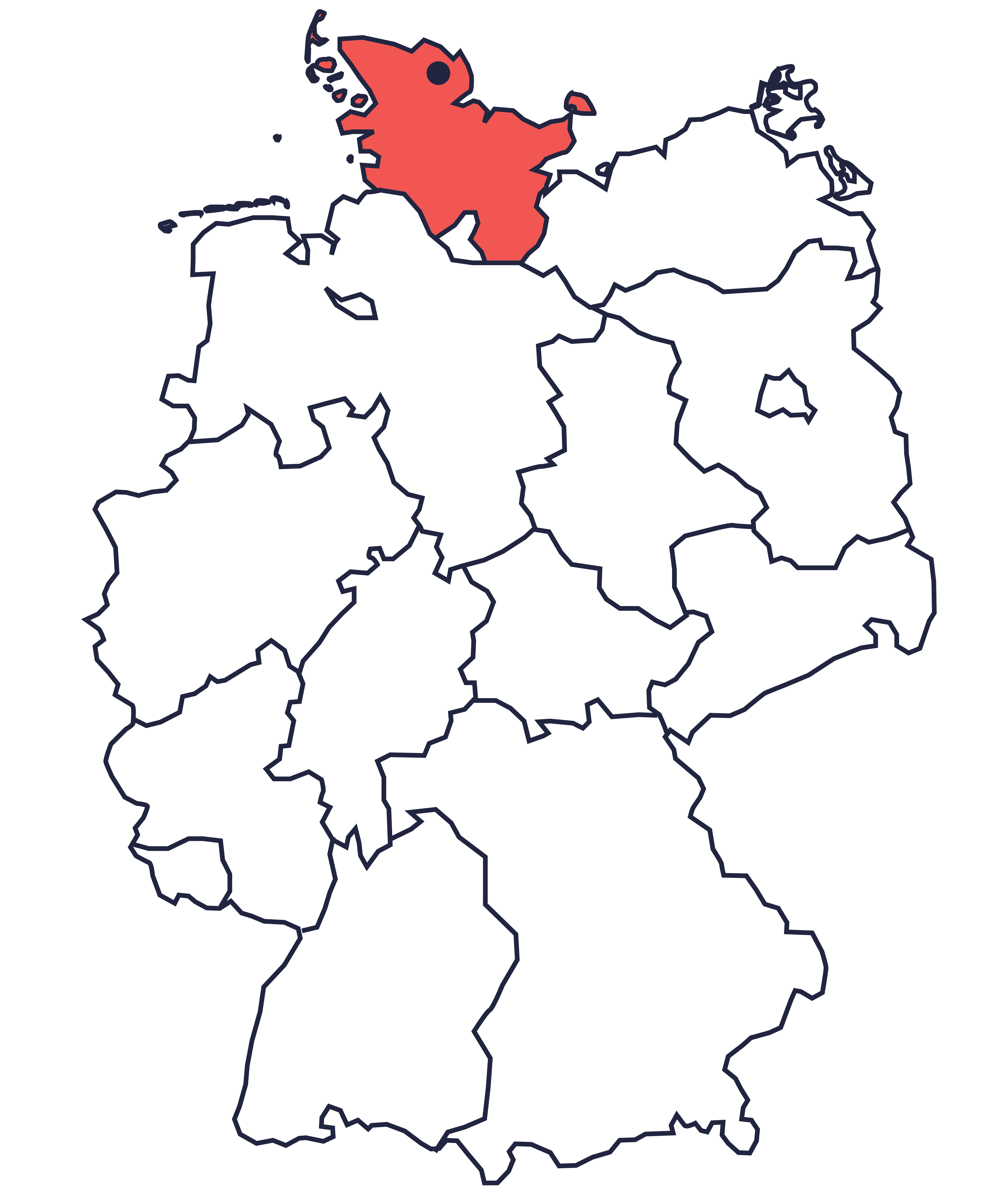
Flensburg – Schleswig is located in the federal state of Schleswig-Holstein
For this electoral district in the Bundestag
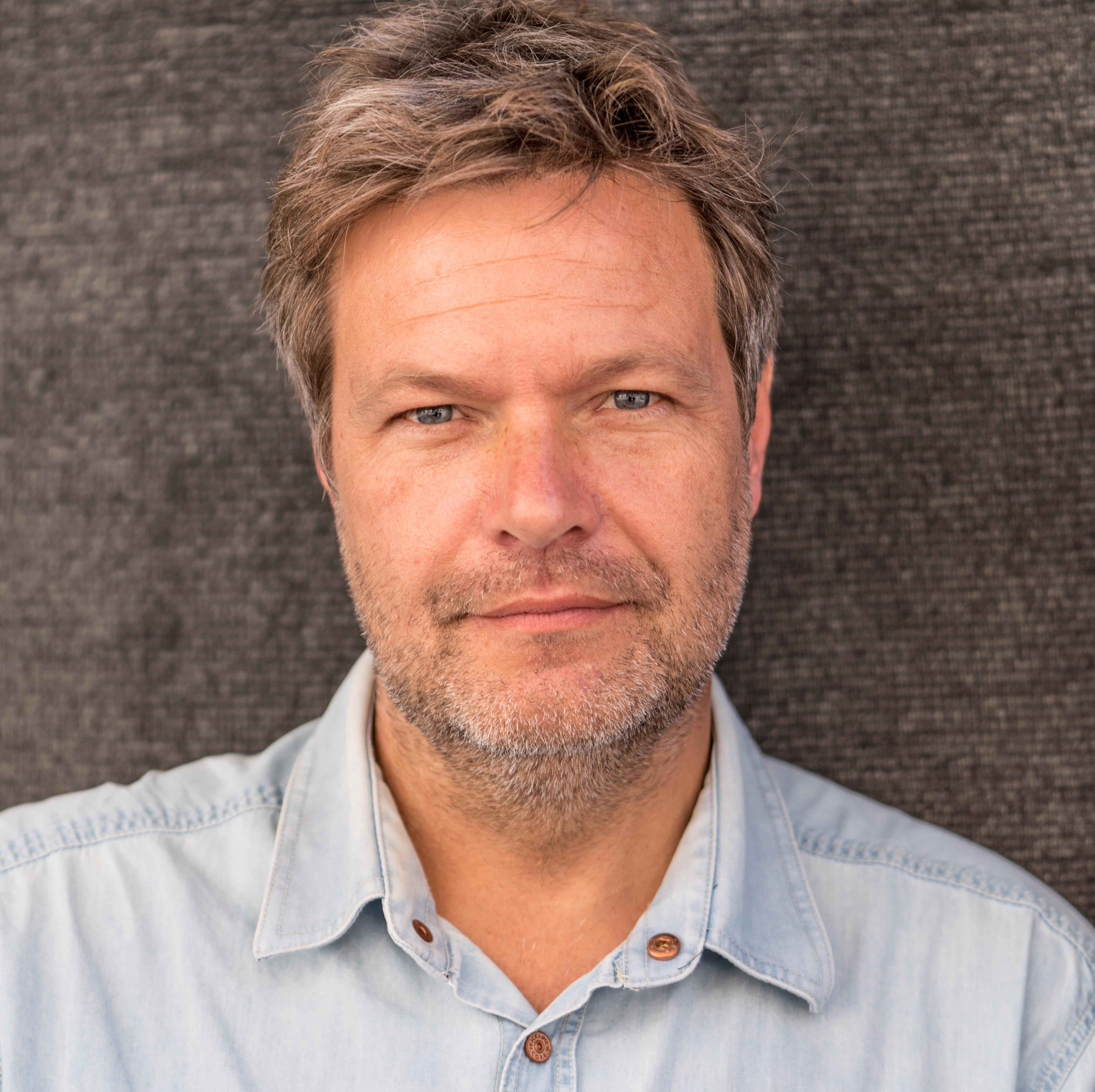
Robert Habeck
(Bündnis 90/Die Grünen)
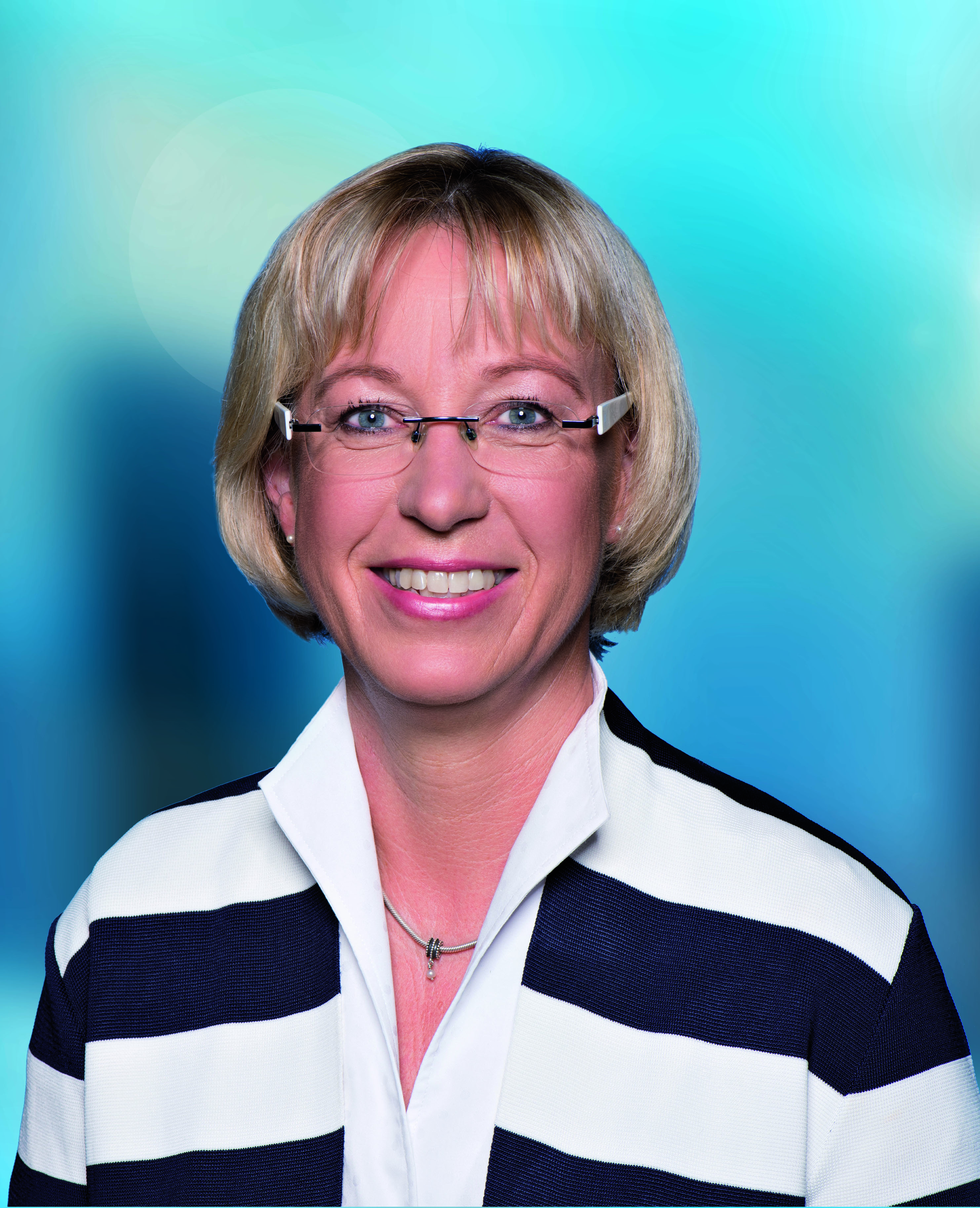
Petra Nicolaisen
(CDU)
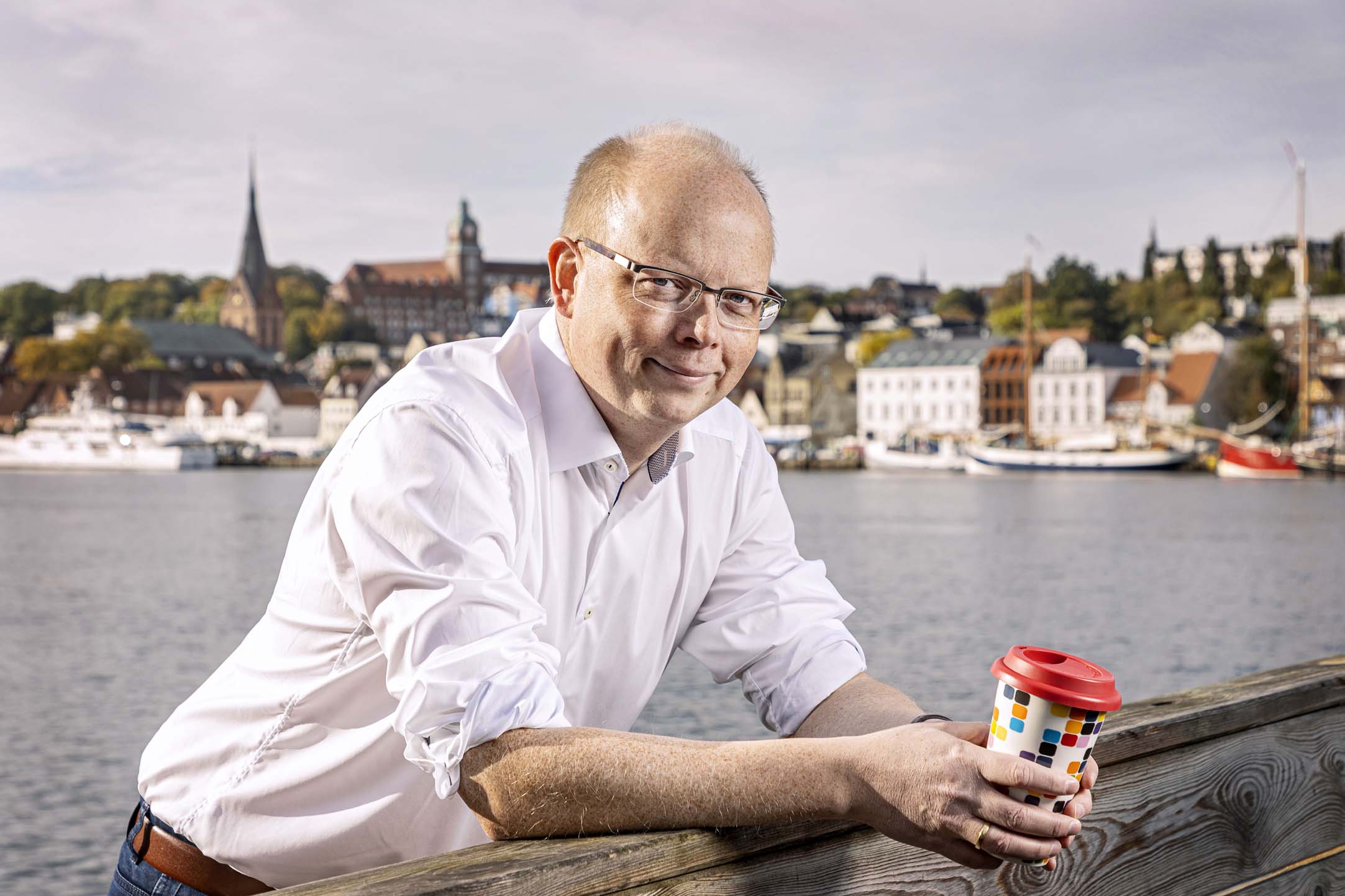
Stefan Seidler
(SSW)
Frequently asked questions
Electoral district 1, Flensburg – Schleswig, is one of six electoral districts we selected for the Hallo Bundestag project. For the project, it is important that the six electoral districts reflect the diversity of the 299 electoral districts in Germany. To do this, we had to pick a combination of electoral districts. So the fact that electoral district 1 is included has to do with the overall selection.
To ensure that all regions of Germany are represented in the Bundestag, it is not the parties alone that determine who is elected. Instead, the country is divided into 299 electoral districts. In each of these electoral districts, people can stand as direct candidates for the Bundestag. The person who receives the most so-called first votes in the Electoral District in the Bundestag election is elected to the Bundestag.
In addition to the direct deputies who were elected in the electoral district, there are also deputies in the Bundestag who were elected via a list position. But these deputies also live in one of the 299 electoral districts. So in an electoral district there is always at least one MP who was elected directly and then, depending on the electoral district, other MPs who were elected via the list, but who also come from the corresponding electoral district.
The aim of our Electoral District Days is to give members of parliament as good a picture as possible of what people in their electoral district think, what concerns them, and what their attitudes and opinions are on issues relevant to politics. Since we cannot bring all 300,000 inhabitants of an electoral district into conversation with the MPs, we have to make a selection. Random selection ensures that everyone in the electoral district has an equal chance of being selected. In addition, random selection also better reflects the characteristics of the population in a smaller group than if we were to ask, for example, "Who would like to participate?"
